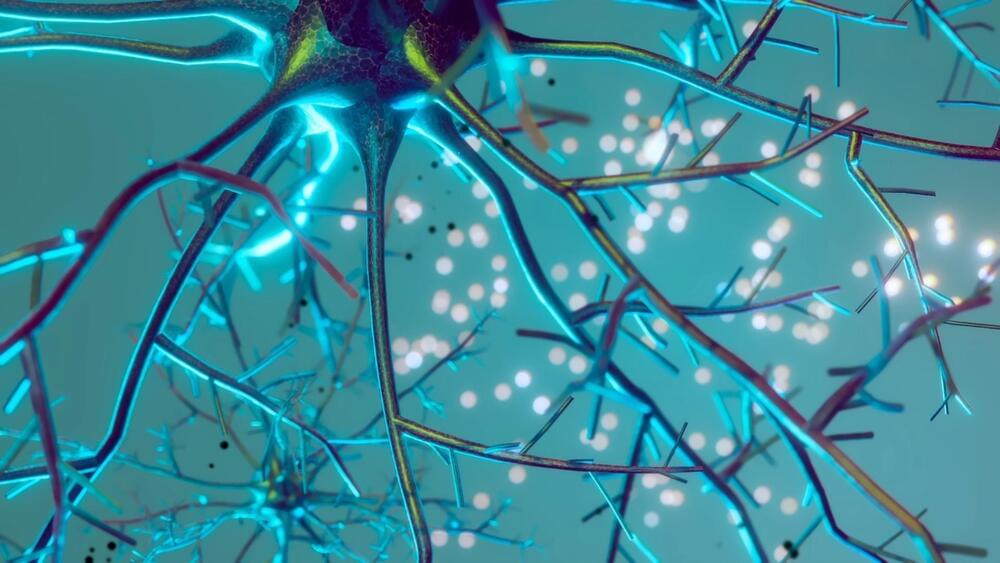Say hello to Juno.



In a groundbreaking study published in the journal Science, researchers have developed a machine learning model that mimics the way children learn language, offering new insights into early language acquisition. Using video and audio recordings from a young child’s perspective, the model successfully learned to associate words with visual objects, a feat that sheds light on the mysterious process of how children begin to understand and use language.
Understanding how children learn language has long been a fascinating subject for scientists and educators alike. At the heart of this is the phenomenon of connecting words to their meanings – a process seemingly simple yet incredibly complex. This study sought to demystify this process using the latest advancements in artificial intelligence.
The motivation behind this research lies in the need for a deeper understanding of early language acquisition. Traditionally, studies in this field have been conducted in controlled laboratory settings, which may not accurately reflect the natural environment in which children learn language.

Yesterday saw the first round of hands-on and unboxing videos for Apple Vision Pro, sharing some interesting tidbits about Apple’s first spatial computer. After an initial unboxing video yesterday, MKBHD has now shared an in-depth look at what it’s like to actually use Apple Vision Pro.
Here are a few random tidbits taken from various Vision Pro reviews and videos so far.

The Apple Vision Pro launched on Friday, and I was the first person in part of the DC area to get a demo and buy the device.
As someone who has been working in the XR industry for a long time, I know this day was years in the making and will be a catalyst for future experiences to come.
After being quickly seated at the Apple store near me, I received the first demo of the day.



What sets Tong Tong apart from other models is that she can assign herself tasks.
Chinese scientists have unveiled what they are calling the world’s first artificial intelligence (AI) child.
Developed by the Beijing Institute for General Artificial Intelligence (BIGAI), Tong Tong or Little Girl’s virtual AI avatar was recently introduced for the first time in Beijing.
BIGAI sees Tong Tong as a giant step toward achieving a general artificial intelligence (AGI) agent when a machine can think and reason like a human being.

Mastercard has announced that it has developed an in-house generative AI to help combat fraud on its payment processing network.
Instead of relying on textual inputs, Mastercard’s algorithm uses a cardholder’s merchant visit history as a prompt to determine whether a transaction involves a business that the customer would likely visit. The algorithm generates pathways through Mastercard’s network, akin to heat-sensing radar, to provide a score as an answer.
A lower score indicates a behavior that deviates from the cardholder’s usual pattern, while a higher score reflects typical behavior. Mastercard claims that this entire process takes only 50 milliseconds. And, it turns out, the AI appears to be very good at its job.
Bhalla stated that Mastercard’s latest “transaction decisioning” technology could boost financial institutions’ fraud detection rates by an average of 20 percent. However, in certain instances, the technology has improved fraud detection rates by up to 300 percent, according to Bhalla.